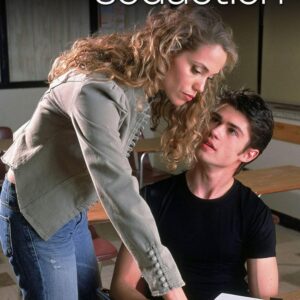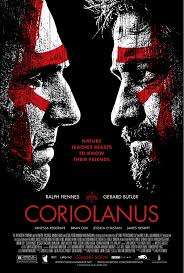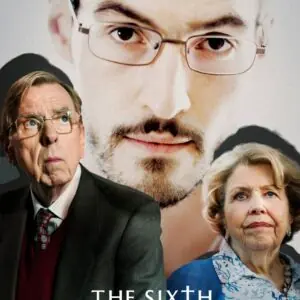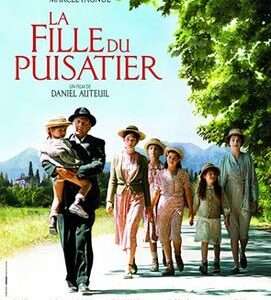The Reader (2008), directed by Stephen Daldry and based on Bernhard Schlink’s acclaimed novel, is a deeply affecting drama that intertwines a forbidden love story with a sobering meditation on guilt, morality, and Germany’s postwar reckoning with its Nazi past. Featuring powerhouse performances from Kate Winslet (who won an Academy Award for her role) and a young David Kross, the film is as intellectually challenging as it is emotionally devastating.
Plot and Themes
The story unfolds in two timelines: In 1958 Germany, 15-year-old Michael Berg (Kross) begins a passionate affair with Hanna Schmitz (Winslet), a mysterious older woman whose initial dominance in their relationship gives way to unexpected tenderness. Their clandestine encounters—filled with sex, baths, and Michael reading literature to Hanna—end abruptly when she vanishes without explanation.
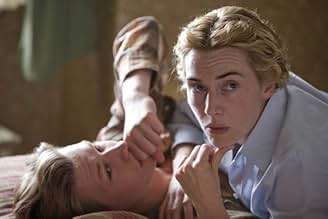
Years later, as a law student (now played by Ralph Fiennes), Michael is stunned to see Hanna again—this time as a defendant in a war crimes trial, where her past as an SS guard at Auschwitz comes to light. The revelation forces Michael to grapple with his lingering feelings for a woman complicit in unspeakable atrocities, while Hanna’s own shameful secret comes to define her fate.
The film wrestles with profound questions: Can love coexist with moral condemnation? How does a generation reconcile personal relationships with historical horror? What does it mean to “know” something—both literally and ethically?
Performances
Kate Winslet delivers a career-best performance as Hanna, portraying her as neither monster nor victim but as a tragically flawed human. Her guarded demeanor and sudden bursts of vulnerability make Hanna heartbreakingly real. David Kross matches her brilliantly, capturing Michael’s youthful ardor and later disillusionment. Ralph Fiennes, though in a smaller role, conveys decades of repressed anguish in his subdued present-day scenes.
Direction and Style
Daldry’s direction is restrained yet potent, allowing the moral complexities to unfold without heavy-handed judgment. The cinematography shifts from the warm, golden hues of Michael and Hanna’s affair to the cold grays of the courtroom and Michael’s emotionally frozen adulthood. The recurring motif of reading—as intimacy, as education, as evasion—ties the film’s themes together masterfully.
Controversies and Criticisms
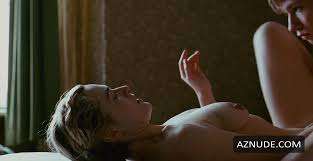
Some critics argued the film risked humanizing a Nazi perpetrator too sympathetically, while others praised its refusal to simplify history into clear-cut villains and heroes. The age gap in the central romance also drew scrutiny, though the story treats it as problematic rather than romanticized.
Final Verdict
The Reader is a morally complex, emotionally wrenching film that lingers in the mind. Winslet’s staggering performance and the unflinching script elevate it beyond a typical Holocaust drama into a profound study of how personal and historical guilt intertwine. While its pacing occasionally drags, its intellectual and emotional weight is undeniable.
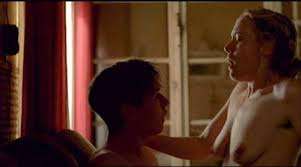
Rating: 4.5/5 – A difficult, essential film about the shadows cast by both love and history.
Would I recommend it? Yes, but with caution—it’s emotionally taxing and deliberately ambiguous. For those willing to sit with discomfort, it’s a masterclass in morally nuanced storytelling. Fans of Sophie’s Choice or The Pianist will find similar thematic depth here.
